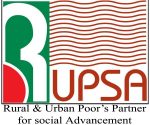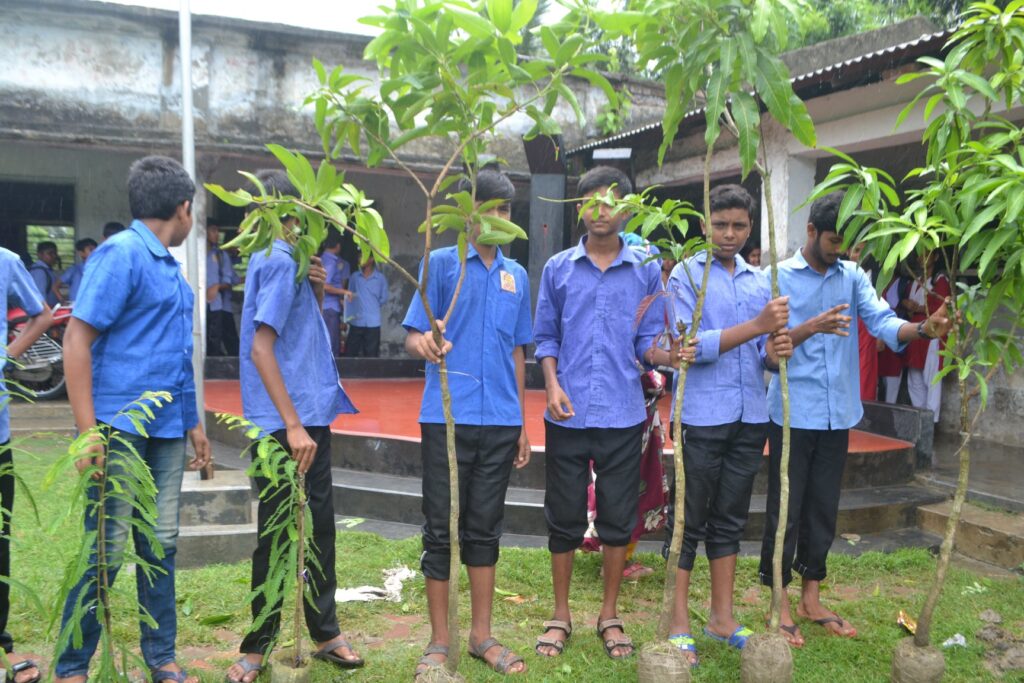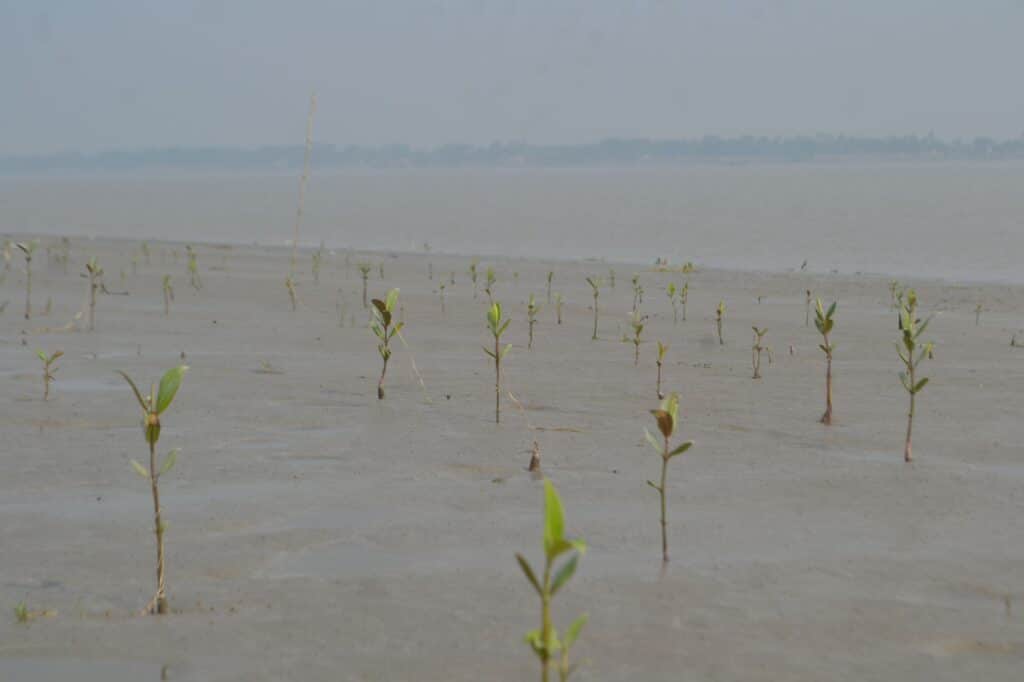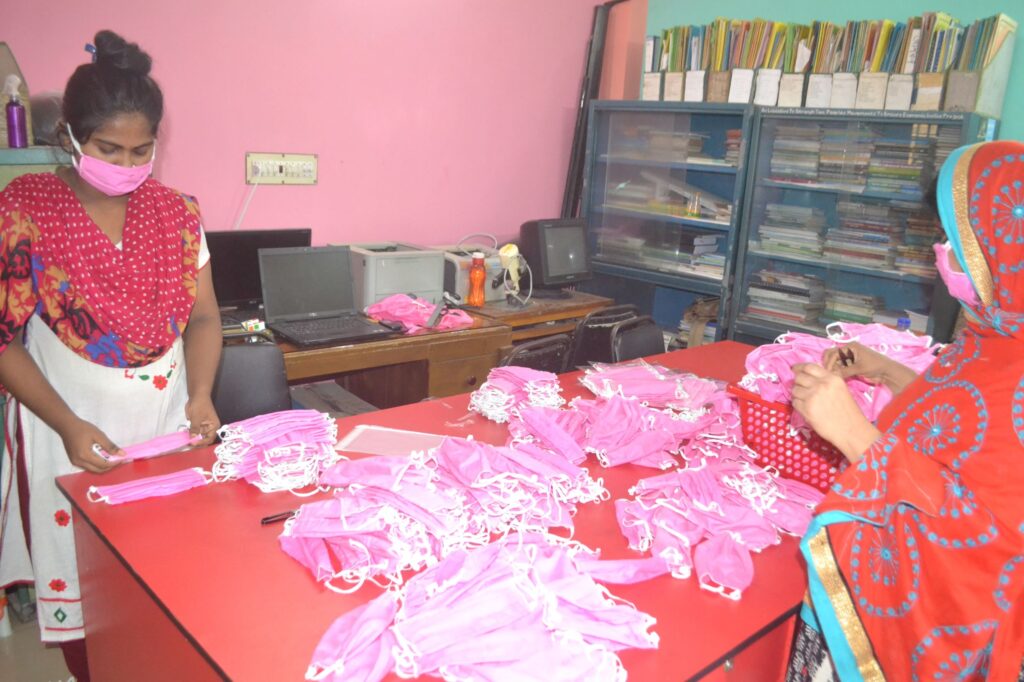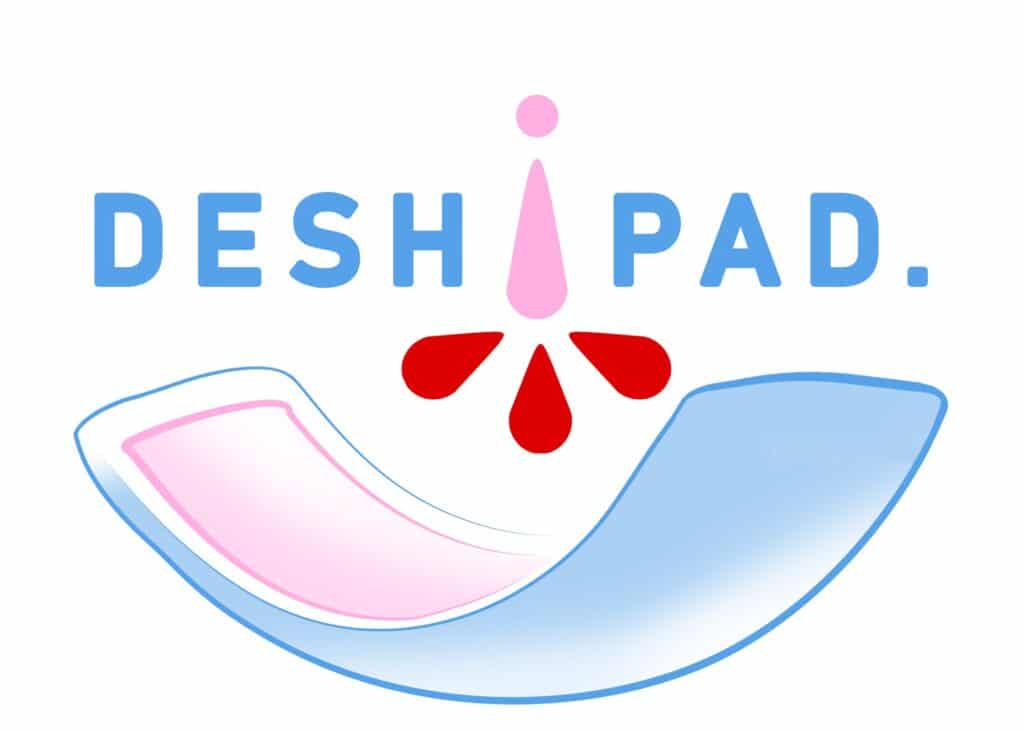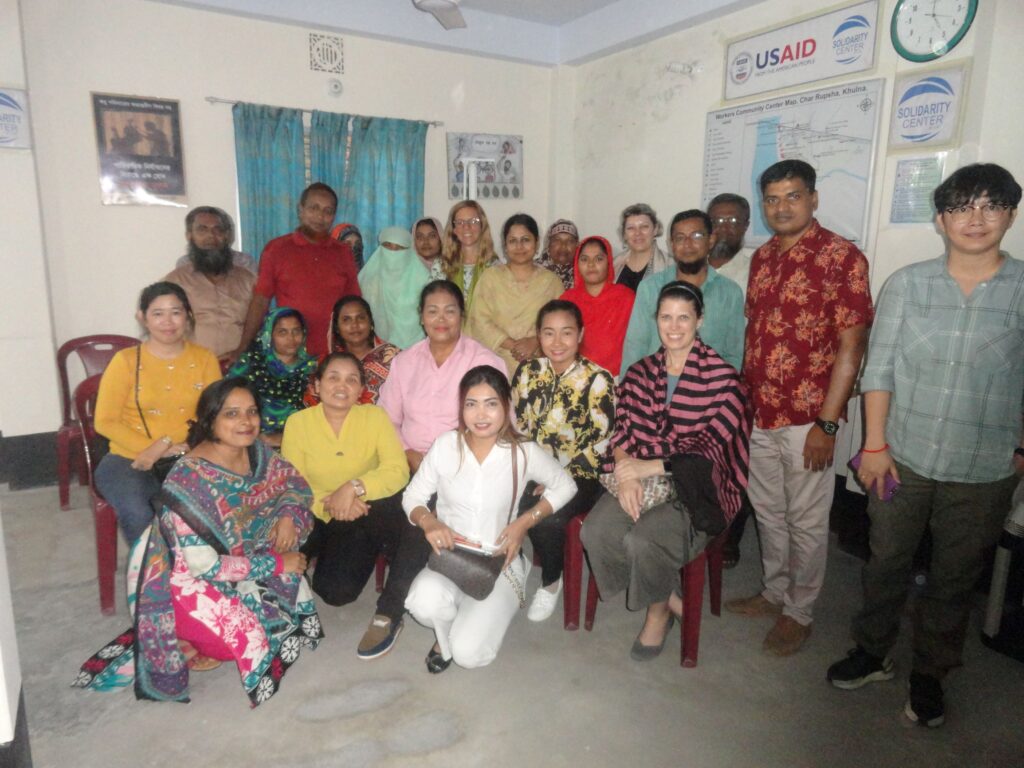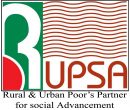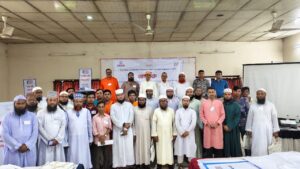
Uncategorized
Dalit & Horizon Community Livelihood Development Program
Project Duration:
Project Overview:
Ministry of Social Welfare & District Social Welfare intended that RUPSA as a Non-Government Organization (NGO) from Khulna impart training to Dalit & Horizon Community Livelihood development program. Gender issues, health & hygiene, savings & credit management, various skills on income generation activities (IGA) enabling them to start self-employment activities after they phased out; stakeholders on gender and environmental issues; and imparting training to the trans shopkeepers of Women Market Section at improved Growth Center Market under the project on Dalit & Horizon livelihood development. RUPSA as an NGO specialized in providing training was being invited for preparing RFP in the package Dalit & Horizon community livelihood development program for Khulna region working area to perform the services.
Funded By: Ministry of Social Welfare
Transgender Community Livelihood Development Program
Project Duration:
Project Objectives:
Ministry of Social Welfare & District Social Welfare intended that RUPSA as an Non-Government Organization (NGO) from Khulna impart training to Transgender Societies members on group formation and management, gender issues, health & hygiene, savings & credit management, various skills on income generation activities (IGA) enabling them to start self-employment activities after they phased out; stakeholders on gender and environmental issues; and imparting training to the trans shopkeepers of Women Market Section at improved Growth Center Market under the project on Transgender community livelihood development. RUPSA as an NGO specialized in providing trainings was being invited for preparing RFP in the package Transgender community livelihood development program for Khulna region working area to perform the services.
Funded By: Ministry of Social Welfare
Children Forest Program (OISCA International, Japan)
Project Duration:
Project Objectives:
The Green Wave is a global biodiversity campaign to educate children and youth, this campaigning a positive response already created among school-going children in the scroll where this campaigning is implemented its activities and in future they will be the frontier to restore the biodiversity in this southwestern coastal area.
Funded By: OISCA International
Mangrove Reforestation Project (MRP)
Project Duration:
Project Objectives:
The world’s single largest mangrove forest Sundarbans’ has substantial ecological and economic importance in the local, national, and global context. Sundarbans mangrove ecosystem is the safeguard and livelihood support for 3.2 million climate-vulnerable river-based coastal island people. But due to human cruel activities and natural hazards mangroves are reducing day by day. So, we want to reforestation mangroves by planting 20 lacs mangroves in the Sundarbans river-based coastal region of Bangladesh.
Throughout this project, 20 lacs trees will be planted in the Sundarbans coastal areas of Bangladesh. Planted mangroves will protect riverbank erosion and save the households near the riverside from different natural calamities like cyclones, floods,s, etc. Once the planted mangroves get adult, they will become the house of various types of biodiversity. Community living beside the planted area can also make Non-Timber Forest Products (NTFP) from those mangroves to reduce their poverty
Funded By: OISCA-IDB-Japan Bangladesh.
Corona Prevention Initiative Project (CPI)
Project Duration: March 2020 to Present
Project Overview:
The new coronavirus (COVID-19) has forced countries around the world to adopt measures such as flight bans, mandatory lockdowns and social distancing to prevent the pandemic from spreading. South Asian nation, Bangladesh has also followed suit, banning flights and shutting down schools, colleges but some emergency service offices still remain open in one of the poorest countries in the world. However, with no “total lockdown” order imposed by the government, millions of people are out on the roads every day, to search for their means of livlihood. Social distancing is a way of controlling infectious disease. But in a densely populated country like Bangladesh, it is difficult to enforce social distancing in many areas. Especially, consider the slums in cities where millions of people live. They are living in such close quarters that it’s unthinkable to enforce social distancing there.
In these circumstances, providing face protection masks and sanitary materials for the vulnerable group can help to prevent or slow down the further spread of Coronavirus.
Funded by: ASCEND e.V. Germany
Lactating Mother Program
Project Duration:
Project Objectives:
Women and children make up about two-thirds of the country’s total population. Therefore, women’s development and proper nutrition of children is one of the driving forces of development in Bangladesh. In order to achieve the Sustainable Development Goals (SDGs), the overall development of women and children, poverty alleviation and reduction of maternal mortality must be further enhanced in each of the indicators. To this end, the Working Lactating Mother Assistance Fund is being implemented to finance women and children. Which is one of the diversion Social Safety-net activities of the Bangladesh Government.
Funded by: Ministry of Women Affairs
Vulnerable Groups Development (VGD)
Project Duration:
Project Objectives:
A project implemented by the government of Bangladesh with support from the food aid donors including the World Food Programme, Australia, Canada, Germany, France and the European Union. The project aims at providing food to the poorest women of rural Bangladesh in exchange for their participation in development works. The project began as a relief programme in November 1975 under the name of Vulnerable Groups Feeding (VGF) with an initial focus on providing food support to destitute women for a two-year period. Under the programme, 780,000 distressed women were given wheat and other commodities for supplementary feeding. The Ministry of Disaster Management and Relief instituted food distribution through VGF to address the basic needs of women in extreme poverty. The programmed was subsequently oriented towards development and renamed Vulnerable Groups Development (VGD) since the mid-1980s. The new objective was to increase the self-reliance of the most disadvantaged women. The government, however, reintroduced the VGF in 1997 as a separate project. Within the framework of a new ‘Strengthening Institutions for Food Assisted Development’ (SIFAD) project, the government transferred the administration of the VGD from the Ministry of Disaster Management and Relief to the Ministry of Women and Children Affairs in July 1996.
The three major channels of implementation of the VGD project are the Unions, Institutional Feeding and Development Centres (IFDC) and Women Training Centers. Under the Union VGD programme destitute, divorced and abandoned women, under- The VGD beneficiaries include women from landless households (owning less than 0.5 acres of land), women with irregular (less than Tk 300 per month) or no individual income, daily or casual women labourers and women from households lacking ownership of productive assets. Under the project, about 0.5 million women-headed households receive 30 kg of food-grain for a period cycle of 24 months. New groups of women are brought into the project after the graduation of the existing groups. The development programme package of VGD includes savings, group-based social awareness, functional education, skills training in income-generating activities and credit. These services are facilitated/ran by NGOs including RUPSA conducting all social development and IGA training to 2651 beneficiaries of VGD programmed RUPSHA Upazila in Khulna districts.
Funded by: Ministry of Women Affairs
Menstrual Hygiene Promotion Initiative (MHI) Program
Project Duration: March 2018 to present
Project Objectives
(1) Conducting trainings and workshops to educate girls and women about menstruation and menstrual hygiene:
- Knowledge exchange about biological and medical aspects of female menstruation
- Training for the use of sanitary napkins
- Reducing the social taboo and upgrading the lives of girls and women during their menses through education campaigns within the communities
- Advising community leaders and assemblies to facilitate the handling of menstruation for girls and women (e.g. setting up of sanitation systems within communities and schools that are more susceptible to menstruation)
(2) Implementation of health camps for the treatment of menstrual disorders:
- Treatment of illnesses and health problems related to menstrual complexities or disorders of girls and women by gynecologists
- Additional education on menstrual hygiene by gynecologists
- Support communities to establish a long-term strategy to ensure regular medical care for girls and women
(3) Construction of a local production facility for the production of inexpensive, reusable sanitary napkins (max. 35 BDT/month/person)
- Training local women to create local napkin makers
- Reuse of untreated textile waste from Bangladesh’s textile industry under BGMEA to reduce production costs and increase national environmental impact
- Establishment of an adapted financing model for women in extreme poverty
(4) Establishment of a mobile supply unit that regularly delivers sanitary products purchased centrally from regional markets as well as locally produced sanitary napkins to the villages in the project area. This will help to connect remote villages with the supply structure for hygiene products and support the resident girls and women.
(5) Development of an economically viable model for the production and distribution of high quality and low cost sanitary napkins in rural areas of Bangladesh and advice on building a “social enterprise” through:
- Achieving multiplier effects and trans-regional dissemination of the concept as a sustainable business model
- Promoting local autonomy and economic independence from external donors
- Creating local jobs, strengthening the economic situation of the region
After the successful pilot phase, an economically self-sustaining continuation of the napkin production and distribution of the local “social enterprises” as well as a dissemination of the workshop and educational content by volunteer women in the neighboring areas of the project area is in progress.
Funded by: ASCEND e.V. Germany
Workers Empowerment and Participation Activity (WEPA)
Project Duration: 2019 to Present
Project Objectives:
The main purpose of this memorandum of understanding is to reaffirm the SC and the organization’s shared commitment to support the formation of community-based independent worker organizations to empower workers with skills and institutions necessary to be able to protect their rights, promote their interests and improve conditions in Bangladesh. The organization will receive no direct monetary compensation as a result of this agreement.
The goal to strengthen the capacity of independent trade unions, trade union federations, worker community associations in the RMG and SFP sectors to collectively advocate for their rights and interests and enhance productive interaction with management to constructively participate in improving industrial relations. These activities will contribute to USAID’s worker’s Empowerment and participation Activity in Bangladesh.
Funded By: Solidarity Center-Bangladesh
